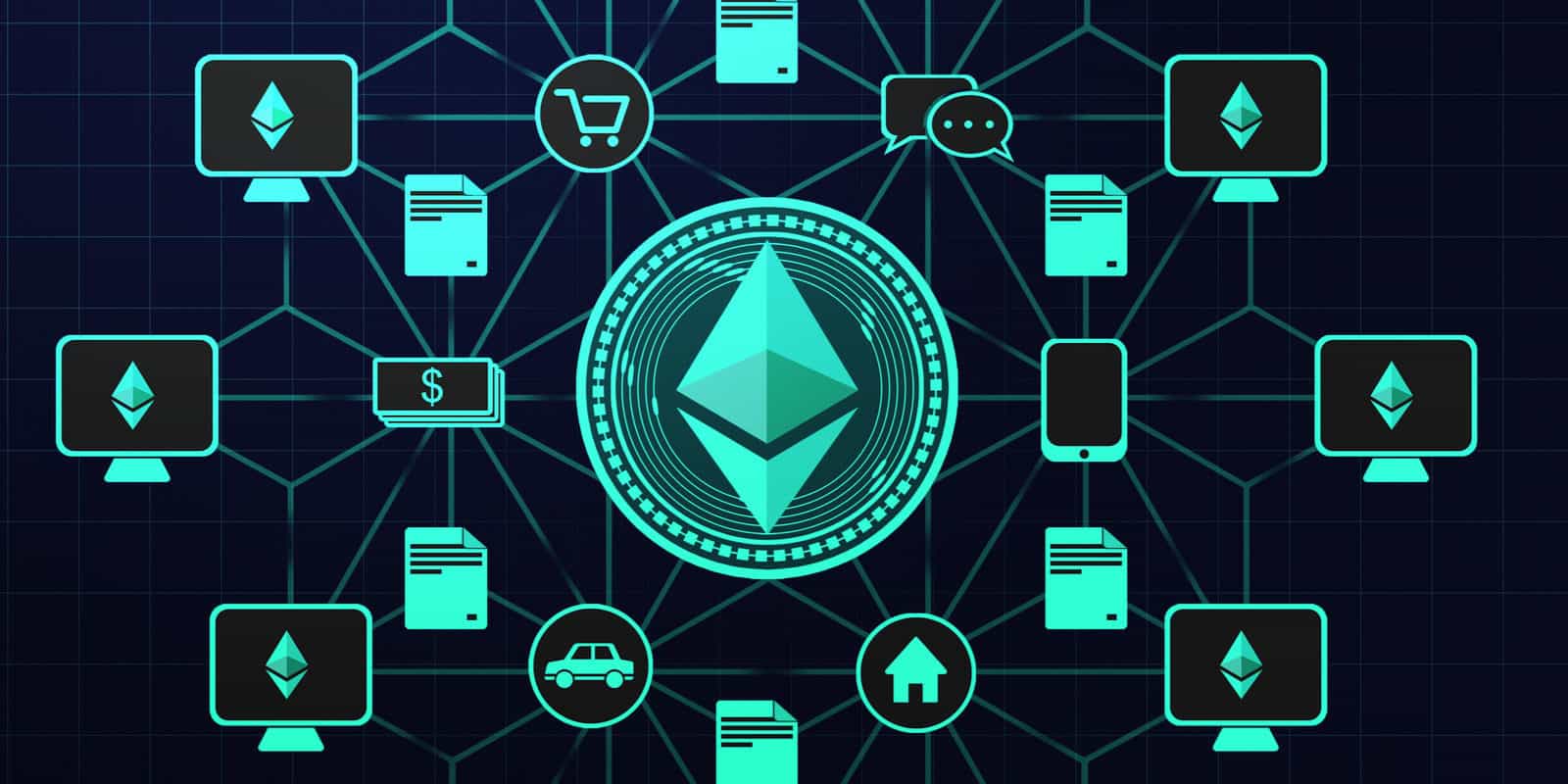Web3 dApps depicts a loose idea of what the future will look like and if the developers succeed in making them efficient and faster. In many ways, we are in for a ride to see the world change drastically. With the creation of smartphones, the feeling was the same, but there were some reservations. Web3 apps open up a world of possibilities with promising results.
We live in a time when companies share an ever-increasing number of services with their customers and need support to meet those expectations. Modern mobile app development tech companies are vying to create sustainable long-term relationships between businesses and their customers through an easy, affordable, and productive platform that gives anyone access to complete information.
For starters, every aspect of online interaction is breaking down into decentralized mediums – away from the hegemony of tech giants. Even though usually, it’s portrayed as the complete opposite of the normative internet structure we have right now, and there is significantly less control with Web3 apps.
Web3 dApps: The Basics

Web3 is the third iteration of the internet that interconnects data in a decentralized way using blockchain Technology, artificial intelligence, and machine learning to deliver a faster and more personalized user experience on mobile and web apps.
The proponents of Web3 claim that content creators have complete control over their content in a Web3 ecosystem. A fascinating element of using the internet via Web3 is its ubiquity, where IoT can connect all the devices seamlessly. So this makes your data uniquely yours and accessible through practically any gadget.
How can such a thing happen? While we may have a long road to get to the end of achieving perfect ubiquity, we do have the chance to perfect our mobile apps and the development processes.
What are Decentralized Apps (Web3 dApps)?
You use a centralized app for a cloud-based service like Google Docs. Google can access all the information in your documents, read it, and control it. The tradeoff is that we can store our knowledge in the cloud, easily collaborate with others, and enjoy a long list of other cloud-app conveniences.
But what if you could have the advantages of these cloud services without submitting to a central authority? That’s where decentralized apps or “dApps” come into the picture. Most dApps use the Ethereum blockchain to do their online computation so that computation is paid for using Ethereum “gas” fees. Regulation happens automatically thanks to self-executing smart contracts.
No one expected the Web3 dApps development to take a turn when blockchain and cryptocurrency entered the equation. In the past eight years, the term “Web3” has seen some significant goal shifts, which is why most Web3 apps you come across are cryptocurrency exchange platforms.

Top-Notch Web3 dApps to Look Out
Decentraland
This dApp is an online virtual world – commonly referred to these days as a metaverse – where users can meet, chat, play games, socialize and attend events. Users can buy or rent plots of virtual land using the platform’s cryptocurrency, MANA.
In recent years, Decentraland, aka Metaverse, has become popular with global brands and celebrities, including Samsung, Morgan Stanley, PwC, Adidas, and Snoop Dogg, all keen to have their stake in the metaverse. Decentraland is governed by a DAO comprised of users and owners of land within the platform, which implements rules and regulations via a democratic process.
Sapien
Sapien is one of the unique Web3 dApps. It is a democratized social news platform that uses the Ethereum blockchain. Also, it is highly customizable. It is an excellent alternative to Google or Facebook from the social news perspective.
Helium
Helium is a decentralized blockchain-powered network for IoT devices that utilizes a global network of low-energy wireless hotspots to broadcast data through radio waves recorded in the blockchain. The grid uses a new algorithm, known as the proof-of-coverage consensus, to validate that the hotspots are providing legitimate wireless coverage.
Storj
Storj is a decentralized storage solution that allows users to store their data in an encrypted, redundant, and fault-tolerant manner. It uses blockchain technology and offers many of the same benefits as cloud storage but uses a distributed network. One of Storj’s advantages is that it allows for uploading and downloading anytime without restriction.
Storj allows users to choose an expiration date for their data, making it “self-destructing.” While this may be relatively new technology, some big names such as Dropbox and Comcast have partnered with Storj to integrate its solution.
Obsidian
Obsidian is a promising Web3 project. It is based on STRAT and utilizes its Stratis coin. Also, it provides a secure environment where users can communicate or even send funds to each other.
LBRY
LBRY is a decentralized digital library that houses a variety of content types. You may read, watch, and play on the site as a user. It appears to be one of the earliest Web3 dApp projects, as it supports books, music, and movies.
UjoMusic
UjoMusic is a music platform where music creators can upload their music and distribute it without copyright and royalty issues. Cryptocurrency and intelligent contracts power it.
In a Nutshell
Web3 is an ambitious project to rebuild the internet from scratch. Web3 applications will be interoperable and decentralized, meaning there won’t be a single company or entity in control of your online activity – a set of new technologies made possible due to the introduction of blockchain technology.
For the future, Web3 aims to move away from centralized servers by decentralizing the web and its data through various technologies such as dApps, IPFS, and sidechains. You can find these apps in gaming, betting, advertising, social media, messaging, dating, finance, and logistics categories.




